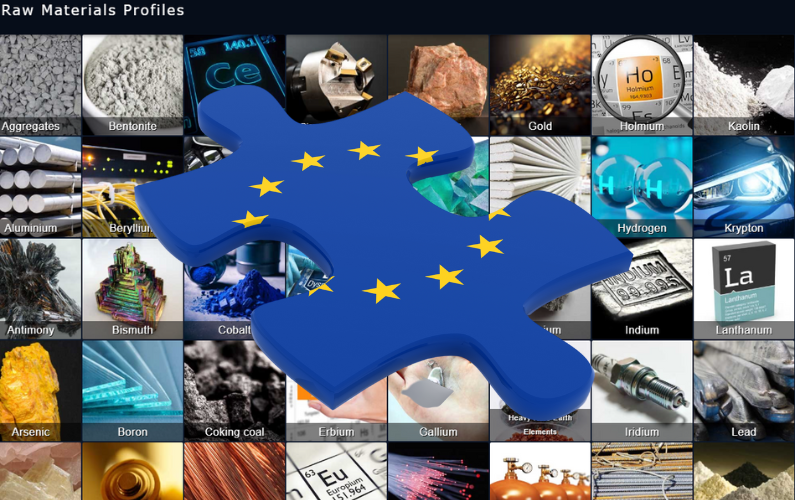Brussels and Washington have been put on high alert following China’s announcement of new restrictions on rare earth exports and related technologies — a move that threatens to disrupt the global supply of critical raw materials essential for clean energy and advanced industries. Although a recent tariff deal between Donald Trump and Xi Jinping reportedly delayed the implementation of those restrictions by a year, European leaders are bracing for potential economic shockwaves.
Speaking at the Berlin Global Dialogue on October 25, European Commission President Ursula von der Leyen warned that the EU “is ready to use all of the instruments in our toolbox to respond if needed.” The Commission’s immediate priority remains finding “solutions with our Chinese counterparts,” she said, but von der Leyen made clear that Brussels will not hesitate to take coercive countermeasures if Europe’s industrial security is threatened.
Von der Leyen compared Beijing’s export restrictions to Moscow’s former energy leverage, describing China’s dominance in rare earth supply chains as a “significant risk” and a “threat to the stability of global industries.” More than 90% of Europe’s consumption of rare earth magnets — critical for sectors from automotive and defense to AI and aerospace — comes from China.
To defend against possible coercion, the EU may invoke its so-called anti-coercion instrument, dubbed the European “bazooka,” which came into force in December 2023 but has yet to be used. The mechanism would allow Brussels to impose retaliatory tariffs, restrict trade in services and intellectual property, and limit access to European investment and procurement markets in response to deliberate economic pressure from foreign powers.
At the same time, the European Commission is finalizing a new initiative — ReSourceEU — modeled on the 2022 RePowerEU energy plan. Its goal is to secure stable access to critical raw materials in the short, medium, and long term by boosting recycling, promoting collective purchasing, creating strategic reserves, and developing new partnerships with resource-rich countries including Ukraine, Australia, Canada, Kazakhstan, Uzbekistan, Chile, and Greenland.
Just a day earlier, the EU signed an enhanced partnership agreement with Uzbekistan, expanding cooperation on resource security and trade.
Meanwhile, European Council President Antonio Costa raised the issue directly with Chinese Premier Li Qiang during a bilateral meeting at the ASEAN summit in Kuala Lumpur. Costa stressed “the importance of constructive and stable relations with China” while expressing “strong concern” over Beijing’s export controls. He urged China to “restore smooth, reliable, and predictable supply chains as soon as possible.”
The escalating tensions underscore Europe’s growing vulnerability in the global competition for raw materials — and the delicate balancing act Brussels must perform between economic pragmatism and strategic autonomy.

